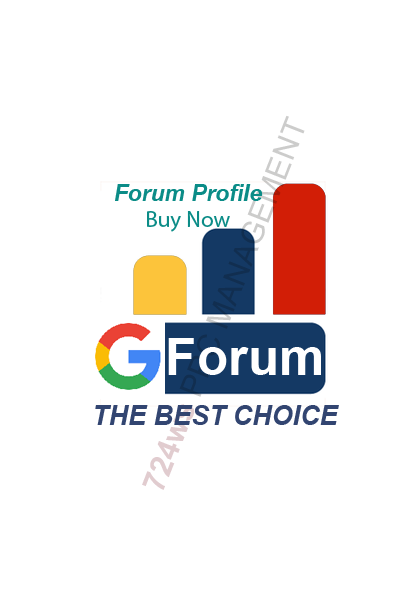Why the Search Engine War for Development Is a Good Thing for the User

Why the Search Engine War for Development Is a Good Thing for the User
The world of search engines is rife with one-upmanship, and the most recent focus has gone back to basics as Google and Bing thankfully turn their attention to giving the user exactly what they want. The search engine optimisation world is looking on in approval as Google creates an internet mind map similar to Wikipedia links and Bing collate people created information such as Facebook information.
As news stories tell of Bing setting itself up as a search engine focused on social information, it could be seen as a user-focused reflection of Google’s recent ‘knowledge graph’ release to its U.S. users. Whether this development will succeed as being more user friendly depends on how people find it to use, giving the power back to the user.
These programs from Google and Bing have been developed to create a more ‘thought cloud’ approach to searching information, which involves creating imagined links between ideas. Could this be a further attempt at creating a user friendly experience?
It wouldn’t be a wild idea to assume the web may one day organise data to work with the seven levels of human intelligence, beyond strict logic. For the moment they are focusing on making the binary internet intuit the connections made by intrapersonal and naturalistic ways of thinking.
Google’s recent ‘Knowledge graph’ implementation will collect relevant data about people such as the inventions which were made by a particular inventor and present these as links from the search of that inventor. The challenge is anticipating the creative reaction to data that people have. For example, linking Da Vinci with when he was born or with drawing or with the development of helicopter design is a step towards this.
So it looks like Google are attempting to provide context for your search. This will mean a search can provide more relevant information to an individual’s thought path than it does at the moment. The knowledge graph will let the user limit their search quickly by dividing the search results into their heteronyms. There will be links in the side panel to the connections for that search and the alternative meanings. Google will collate which connections other people found most relevant to their search and rank the links collected using this information.
Bing is creating a side bar too. This includes a ‘friends who might know’ bar with a ranking of a user’s Facebook friends who might have the knowledge to help them in their search. “For example, if you’re searching for diving spots in Costa Rica… you may discover that one of your friends knows a great spot, based on photos from their last trip.” said Microsoft on its blog.
The recent developments look like a positive sign of development in the user experience, and a useful outcome of the ongoing battle between the major search engines. Whether the search engines will anticipate people’s thoughts effectively shall soon be seen. The impact it will have on internet business may not be a dramatic one but it will alter web user’s expectations of search engines.







